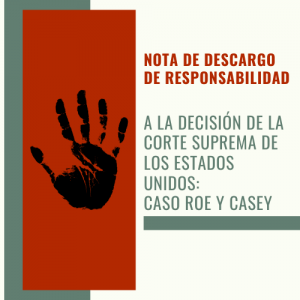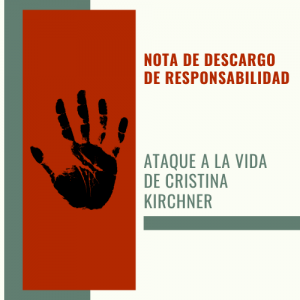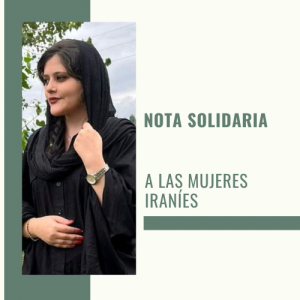
In the month of March, dedicated to women’s causes and struggles, the world turned its eyes to the discussion about their inclusion in the digital space and the importance of this process for gender equality and the empowerment of all women and girls.
During two weeks, in the first half of this month, at the headquarters of the United Nations (UN), in New York, the 67th Session of the Commission on the Status of Women, CSW67, was held, which became an opportunity for learning and knowledge , opening doors to establish, with absolute clarity, the scale of power and potential of technology and innovation to accelerate gender equality and women’s human rights . Our future was discussed and important strategies for joint action by feminist movements across our planet were outlined.
Among the conclusions of the event, I highlight the need to strengthen the integration of all women and girls to achieve gender equality and their empowerment with the full, effective and accelerated implementation of the Beijing Declaration and Platform for Action and the 2030 Agenda, comprehensively, reflecting its universal, integrated and indivisible nature.
Even in the face of several setbacks in women’s rights, it is increasingly evident that the use of technology can become an important tool to combat sexism and misogyny, insofar as its use stimulates creativity, logical reasoning and the ability to research, with the dissemination of new models and concepts, especially those focused on respect for human beings and understanding of the contemporary world, in which there is no longer room for intolerance, discrimination and gender violence.
The use of technology must encompass the expansion of views on changes in people’s way of life, as the use of computers, smartphones, the internet and social networks can become an open door to crime and the spread of hate and prejudice, with inappropriate and inappropriate posts, which destroy the privacy of victims or affect their soul, causing pain, suffering and psychological disorders.
There are records, all over the world, of cyber crimes against women and social minorities. The environment is virtual, digital, but it produces real consequences against the victims.
Technology should be a tool for promoting and valuing women, hence the need for a global pact that enables the effective fight against cybernetic violence and intolerance.
Manoela Gonçalves is a lawyer, president of the International Federation of Women in the Legal Career and the Brazilian Association of Women in the Legal Career




La Federación Internacional de Mujeres en la Carrera Jurídica hace público su rechazo a la

La FIFCJ hace público su repudio al atentado contra la Vicepresidenta de Argentina, Cristina Kirchner.

La Federación Internacional de Mujeres en Carreras Jurídicas – FIFCJ, se hace pública para expresar

Depois do XXIV Congresso e da Assembleia Geral Ordinária que tiveram lugar em Luanda, de

El día veinticinco de mayo de dos mil veintidós, a partir de las 10:00 horas,